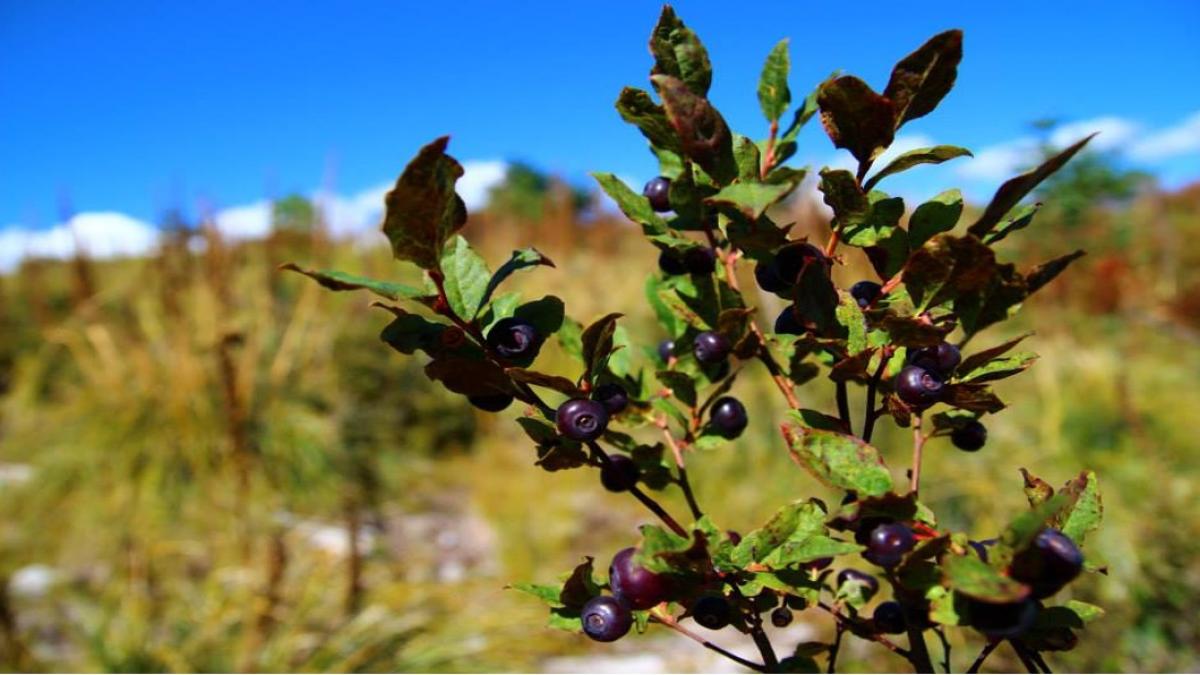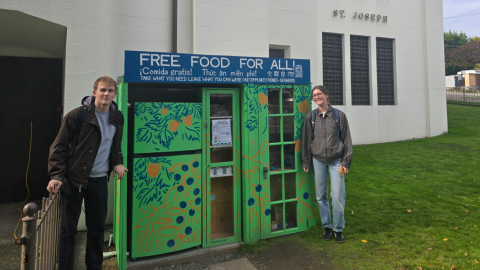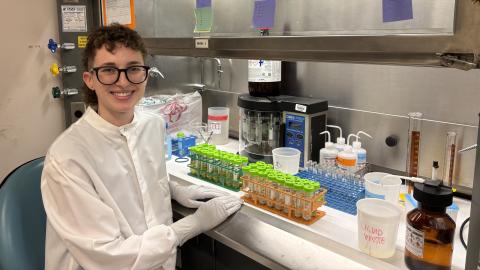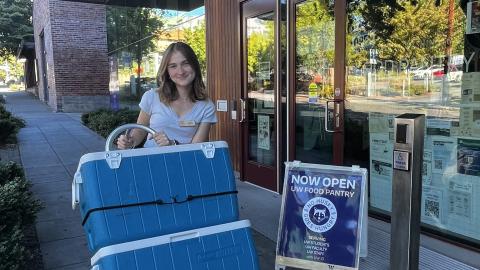Tribal communities in Washington state experienced increased food insecurity during the pandemic, according to a new report by researchers at the Northwest Tribal Epidemiology Center (NWTEC), a division of the Northwest Portland Area Indian Health Board, the University of Washington and Tacoma Community College.
The research team also found a steep increase in usage of food assistance programs and barriers to accessing these programs, such as distance and stress around applying.
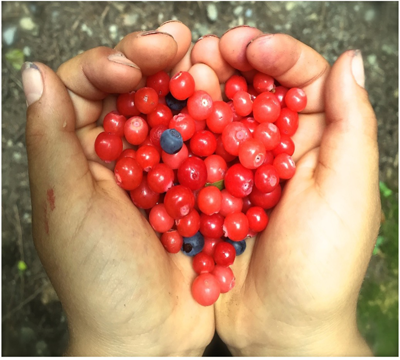
Tribal communities have long faced food insecurity owing to the history of colonization and removal of indigenous people from their native lands. The COVID-19 pandemic has exacerbated these challenges due to disproportionate economic effects and resource distribution for these communities.
The team’s Washington State Tribal Food Project (WATRIBAL) seeks to minimize these barriers by highlighting the impact of the pandemic on food disparities and food sovereignty among American Indian/Alaska Native communities in Washington state.
“We’re proud of the work our team did in support of Washington tribal communities, and we are looking forward to expanding this work and extending our relationship with NWTEC,” said Jennifer Otten, food systems director and associate professor in the UW Department of Environmental & Occupational Health Sciences (DEOHS) and the Nutritional Sciences Program.
Despite challenges, a collective trust
The research team surveyed people among nine native tribes regarding employment, income, food assistance and food insecurity. They used the nearly 200 responses to assess barriers to food access these communities are facing in light of the pandemic.

High levels of unemployment as a result of the pandemic disrupted the use of traditional food and gatherings in these communities, the team showed. As they faced these disparities and challenges, survey participants demonstrated a collective trust in their tribal community leaders and a willingness to support and share with one another.
“The next iteration of this research, led by NWTEC, will expand the scope to include interested Oregon and Idaho tribes, and will reach out to Washington tribes again to understand how food access and security have changed over the course of the pandemic,” Otten said. “The goal is to support tribal leaders, tribal communities and others across the PNW with information in support of improving food access and food security.”
WATRIBAL was funded by a UW Population Health Initiative Population Health Equity Research Grant. The final WATRIBAL report can be accessed here.
Adapted from this original post.
